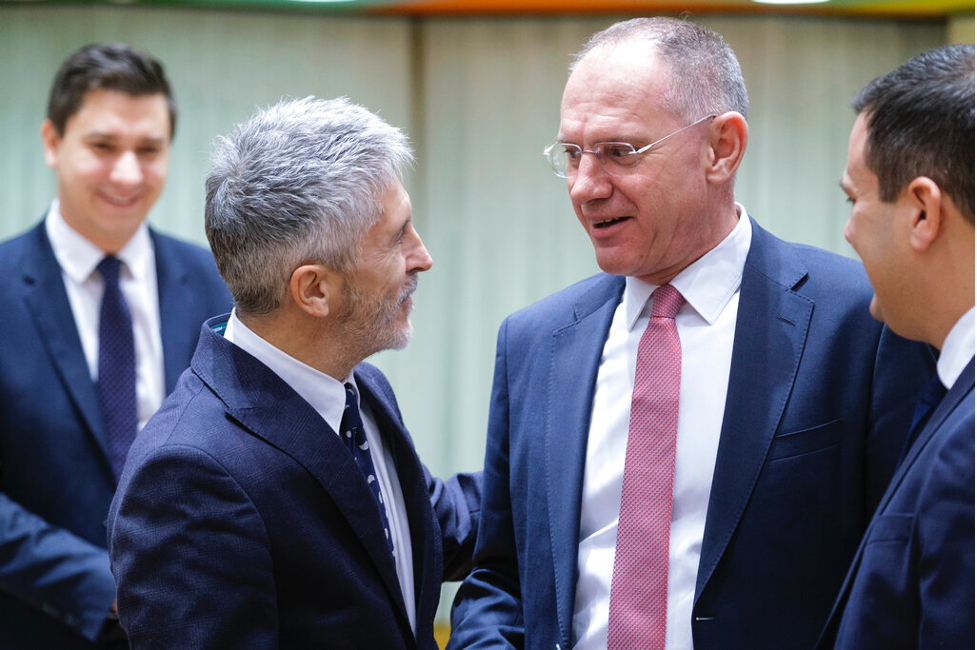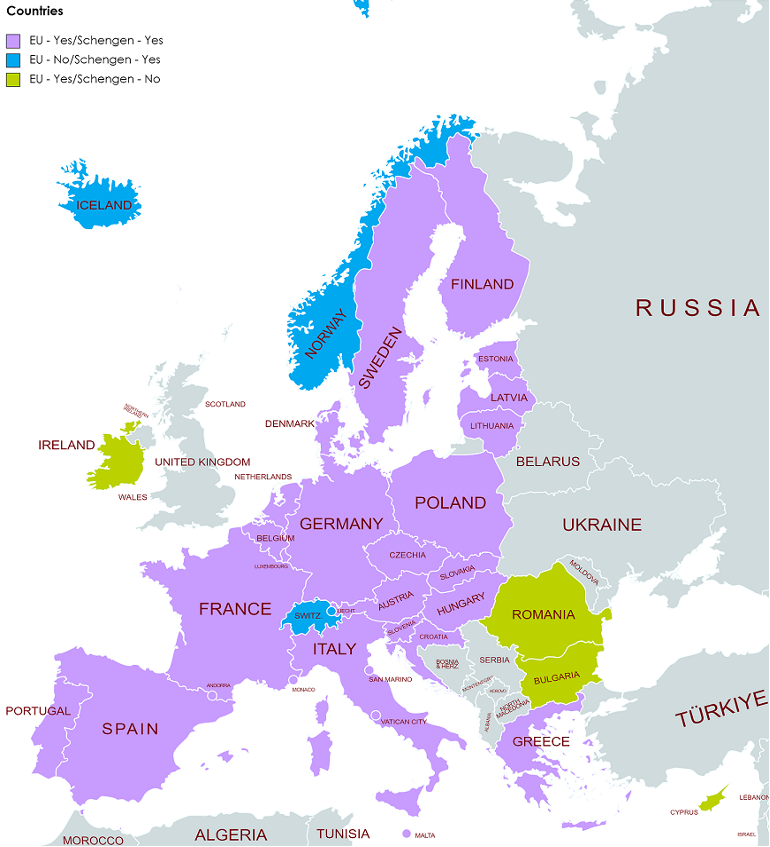
The European Union Schengen vote on December 8, 2022, reflects its long-standing second-class treatment of its southeastern-most members: Bulgaria and Romania. These countries, both EU members, were up for addition to the Schengen zone, an area without internal borders, in 2022 alongside Croatia which joined the EU in 2013. Of the three, only Croatia was accepted.
To be added to the Schengen zone, all the existing members must unanimously vote in favor of the candidate countries. The required unanimity allows a single country to block admission as was the case in this most recent vote. Since their addition to the EU, Romania and Bulgaria faced opposition to their inclusion in Schengen from many countries including Sweden, Denmark, Finland, Belgium, and the Netherlands.
Romanians and Bulgarians were expecting this vote to be different: they fulfilled the EU conditions for addition in 2011 and repeatedly received support from the European Parliament, the presidency of the European Council and the European Commission including in 2022. Despite their qualification according to the EU’s standards, the Netherlands blocked Bulgaria’s bid alongside Austria who also blocked Romania.

The reasons Austria and the Netherlands provide for denial do not make sense. The Netherlands claims Bulgaria needs to do more to combat corruption and organized crime, but both of these issues are already part of the criteria Bulgaria fulfilled in 2011 according to the EU’s officials.
Austria justifies their denial of Romania and Bulgaria on their supposed inability to curb the flow of migrants through the so-called “Balkan Route.” This claim is false: the Austrian government’s figures are contradicted by data from the EU’s own border security agency, Frontex. Furthermore, many believe the real reasons for Austria and the Netherlands’ denial are related to upcoming elections and economic interests.
In the case of Romania, there is a lot of evidence to lend credibility to this belief: Austria supported Romania’s bid until late November when it suddenly changed its opinion. Around the same time, OMV Petrom, an Austrian consortium, met with Klaus Iohannis, the Romanian President, to “explore and exploit gas and crude oil in the Black Sea.” The belief among the Romanian public is that the CEO demanded greater or full control over the exploitation to maximize their profits, Iohannis refused, and Austria withdrew their support for this reason.
The exclusion of Romania and Bulgaria from Schengen also comes on the heels of xenophobic comments. For example, Mark Rutte, the Dutch prime minister, claimed that it was possible to cross Bulgaria’s border with a “fifty euro note” while Guido Reil, a German MEP, called Romania the “Wild West of Europe.”
These comments in addition to the result of the vote only increase the tensions and disunity in the EU. Especially in the face of Russian aggression in Ukraine, it is more important than ever to bring the Balkans closer to the European family, not push them away. Strained internal relations between European countries serve Russia and extremist politicians in the Balkans. The EU must take immediate steps to combat the current dissatisfaction, beginning with admitting Romania and Bulgaria to Schengen in the next vote. Further, the EU should remove the requirement for unanimity in accepting countries to Schengen to prevent a country or two from blocking the will of the majority for political reasons.
Warning of the danger of extremism, a Romanian MEP said: “Any delay to the addition of Romania to Schengen is a helping hand given to extremist and anti-European parties in Romania.”
The fallout from this decision must be understood within the context of Romanian and Bulgarian politics. Following the EU vote, #boycottAustria went viral on social media in Romania with a user posting a picture of a sign saying that credit cards from Austrian banks would not be accepted. Romania also recalled its ambassador from Austria highlighting the diplomatic consequences of the EU vote.
In Bulgaria, it appears the public largely blames their own politicians for the failure to join Schengen. Euroscepticism is already on the rise in Bulgaria with support for Schengen membership dropping from 67% in 2011 to 42% in 2022.
Democracy is not fully consolidated in either country —only 30 years have passed since the fall of communism. Therefore, the political institutions are more susceptible than those in the West. By continuing to marginalize Romania and Bulgaria, the EU is pushing these countries towards an outcome that will be harmful to both Romania and Bulgaria and Europe.



